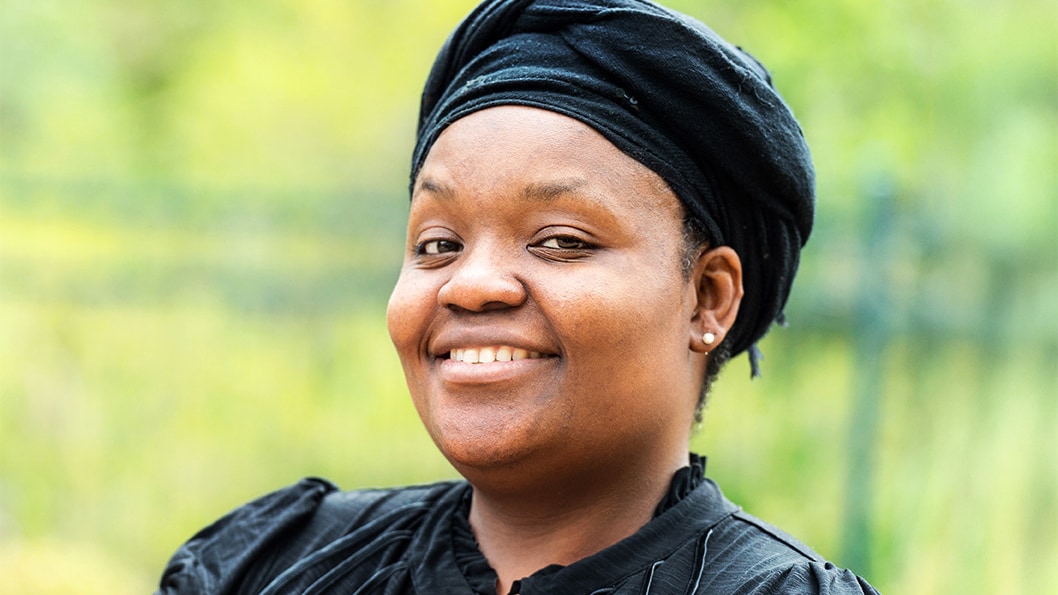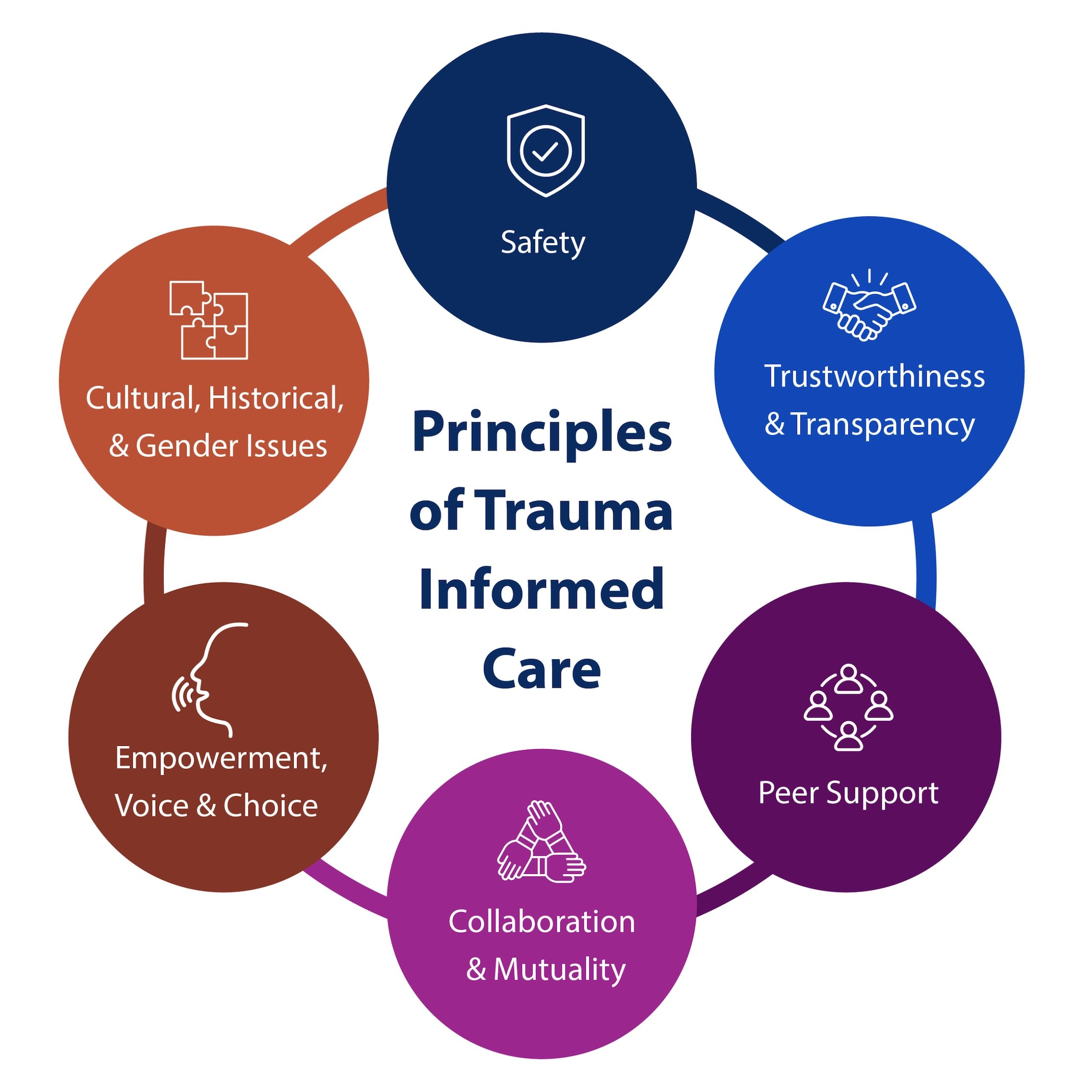At a glance
CDC partnered with the Centre for HIV/AIDS Research and Education Services in Jamaica to implement trauma-informed care principles into organizational practices. These principles help healthcare workers provide empathetic, non-judgmental care to clients with a focus on HIV prevention and linkages to HIV care and treatment.
Violence Against Children and Youth Survey (VACS)

Jamaica has made violence prevention a priority. In 2016 the United Nations designated Jamaica as a Pathfinding Country, which commits the Government to take action towards protecting children from abuse, exploitation, trafficking, and violence.
In 2023, Jamaica continued its mission to address violence by conducting its first Violence Against Children and Youth Survey (VACS). This landmark study unveiled the stark realities of violence affecting the island's children. According to VACS data, violence against children and youth is common in Jamaica. More than three out of every four children and youth (77.2% of females and 77.6% of males) experienced violence in their lifetime. Almost one in four females (23.7%) and over one in ten males (11.7%) experienced sexual violence in childhood.
Ending violence in Jamaica requires strong action and alliance among all stakeholders. CDC hosted a data-to-action workshop to bring together all sectors of government and civil society partners to review the VACS survey data and facilitate planning for violence prevention, response policies, and interventions. To engage with Jamaican youth, CDC held a Teen Forum to understand young people's concerns and ideas about the VACS findings and to discuss effective solutions for change.
Trauma-Informed Care
In response to the high levels of violence revealed in the Jamaica VACS, CDC partnered with the Centre for HIV/AIDS Research and Education Services (CHARES) to implement trauma-informed care principles into organizational practices, creating a safe and more supportive environment for clients and employees who experience violence.
These principles, such as safety and peer support, guide organizational practices to recognize the impact of trauma on patients and their ability to access HIV services and adhere to treatment. Training healthcare workers on trauma-informed care practices and first-line support promotes empathetic, non-judgmental care to survivors with a focus on HIV prevention and linkages to care.

Building a Safer Future
Jamaica's journey is far from over, but its efforts convey a hopeful message: positive change is possible, one step at a time. By utilizing comprehensive data from the VACS, establishing partnerships across sectors, fostering youth engagement, and embracing trauma-informed care, Jamaica is working towards a safer and more peaceful future for all its citizens.

